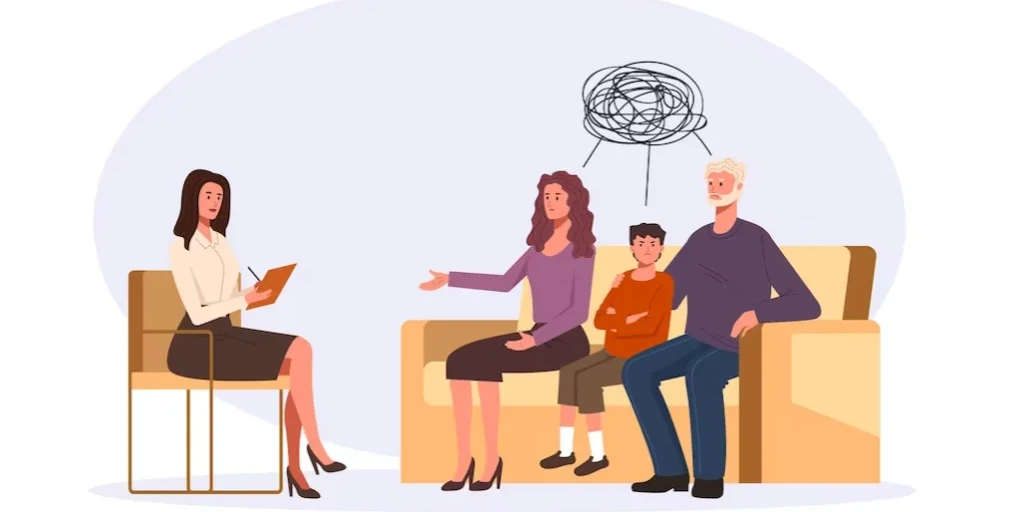24/7 Helpline:
(866) 899-111424/7 Helpline:
(866) 899-1114
Learn more about Bipolar Disorder Treatment centers in McCracken County
Bipolar Disorder Treatment in Other Counties

Ensite
Ensite is a private rehab located in Paducah, Kentucky. Ensite specializes in the treatment of alcoh...

Mercy Health – Behavioral Health Inpatient Services
Lourdes Hospital located in Paducah, specializes in the treatment of Mental Health. Lourdes inpatien...

Four Rivers Behavioral Health – Center for Adult Services
Four Rivers Behavioral Health – Center for Adult Services is a private rehab located in Paducah, Ken...

SperoHealth – Berger Road
SperoHealth – Berger Road is a private rehab located in Paducah, Kentucky. SperoHealth – Berger Road...

JourneyPure
If you’re looking for help that actually helps you, you’re in the right place. JourneyPure is the be...

Millstone Counseling Center
Millstone Counseling Center is a private rehab located in Paducah, Kentucky. Millstone Counseling Ce...

WKDA Counseling Services
WKDA Counseling Services specialized in anger management, DUI programs and alcohol and drug therapy....

New Start Counseling
New Start Counseling is a private rehab located in Paducah, Kentucky. New Start Counseling specializ...































































Other Insurance Options

Highmark

MHNNet Behavioral Health

Optum

BlueCross

BHS | Behavioral Health Systems

CareSource

CareFirst

Medical Mutual of Ohio

Meritain

ComPsych

BlueShield

Sutter

Absolute Total Care

Oxford

Kaiser Permanente

American Behavioral

Health Net

United Health Care

Group Health Incorporated

AllWell